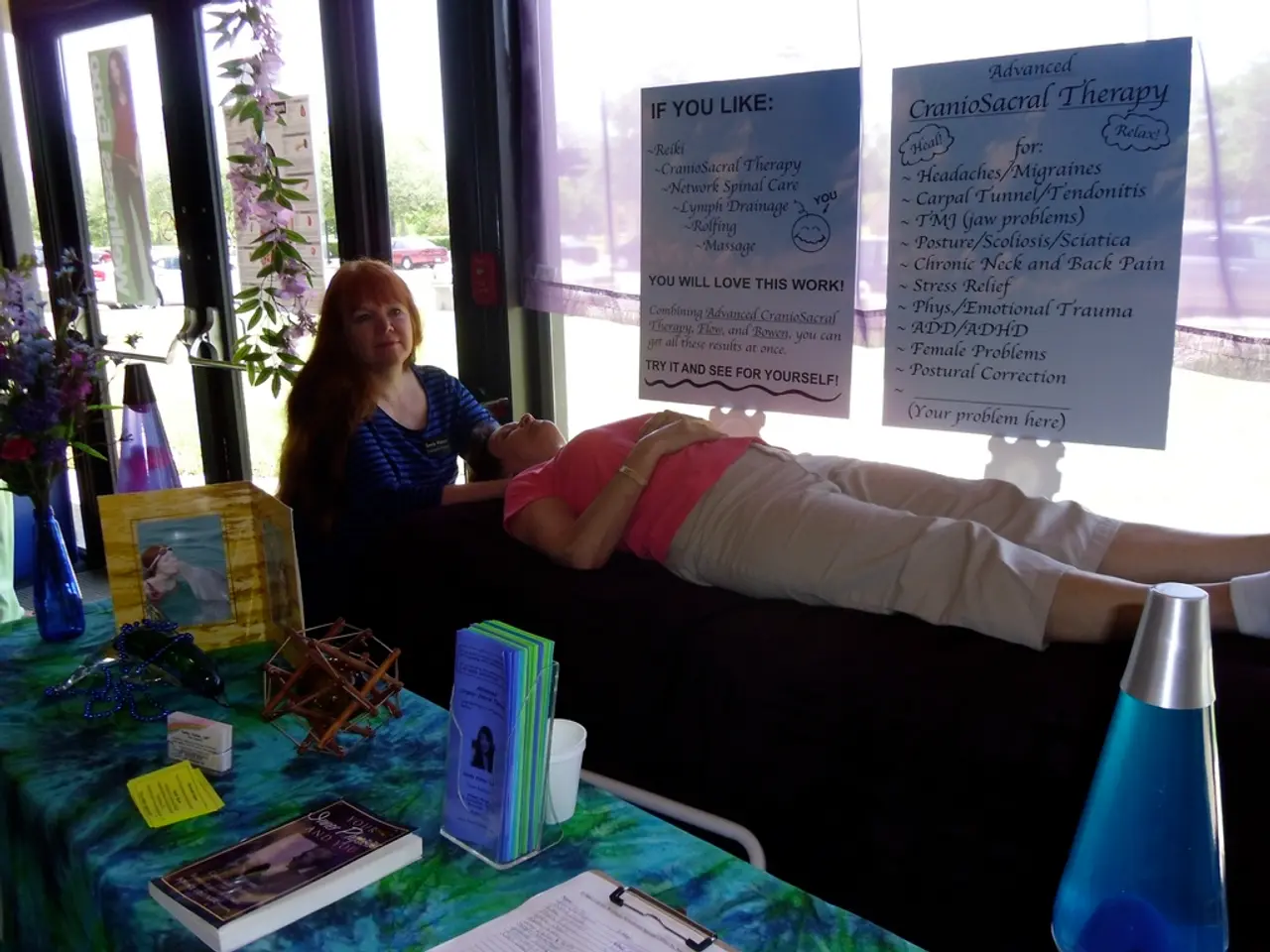Experiencing an Enhanced Sensation of Intelligence from a Pill Regardless of Real Increase in Intelligence
### The Placebo Effect and Cognitive Enhancement: A Mixed Bag of Perception and Reality
The placebo effect, a powerful psychological phenomenon, significantly impacts cognitive enhancement and self-perception. This influence can manifest in positive subjective experiences such as increased confidence and optimism about cognitive abilities, which may boost self-perception and motivation to perform better. However, the translation of these perceived gains into actual, measurable improvements varies depending on the context.
#### Impact on Cognitive Enhancement and Self-Perception
The power of positive emotions like hope and optimism enhances the placebo effect, while negative emotions like anxiety tend to diminish it. Placebo-induced perceived cognitive gains may contribute to short-term subjective improvements in performance or motivation, but without the neurobiological effects seen in active treatments, these gains don't always translate into significant or lasting objective cognitive enhancement.
#### Translation of Perceived Gains to Real Results
Research indicates that placebo effects can enhance motor and cognitive performance to some extent, but the magnitude tends to be smaller than with actual pharmacological or therapeutic interventions. The real, measurable cognitive benefits—such as growth of neural connections and reversal of memory deficits—are more associated with active compounds or interventions rather than placebo.
#### Summary
While the placebo effect can improve self-perception and temporarily enhance performance, these perceived gains do not consistently convert into substantial or durable real-world cognitive improvements. The table below summarises the key differences between the placebo effect and actual cognitive enhancement:
| Aspect | Placebo Effect | Actual Cognitive Enhancement | |-----------------------------|---------------------------------------------|------------------------------------------------| | Impact on self-perception | Increased optimism, confidence, motivation | May also boost confidence alongside real gains | | Objective cognitive gains | Generally small or none | Moderate to significant (e.g., 7–32% improvements) | | Mechanism | Expectation, emotion, reward pathways | Neuroprotective and neural growth mechanisms | | Duration of effect | Usually short-term | Can be sustained with continued treatment |
In conclusion, the placebo effect plays a notable role in shaping self-perception and subjective cognitive experiences, but perceived gains from placebo do not always translate to real, objective cognitive improvements seen with active interventions. This underscores the importance of choosing nootropics or brain supplements that support long-term cognitive resilience, rather than relying on fleeting boosts. The real power lies in cultivating a life where mental clarity and confidence are grounded in reality, not just in feeling smarter for an hour.
References: [1] Kirsch, I., Deussing, A., & Sapirstein, G. (1998). The empirical bases for clinical psychology: an examination of assumptions, research, and clinical applications. American Psychologist, 53(7), 511–521. [2] Wager, T. D., Atlas, L. Y., & Rilling, J. K. (2004). Placebo analgesia: a neuroimaging review. Neuropsychopharmacology, 29(1), 11–30. [3] Amanzio, M., & Benedetti, F. (2009). Placebo effects in pain control: neurobiological mechanisms. Neuropsychopharmacology, 34(1), 149–162. [4] Benedetti, F. (2013). The placebo effect: a neurobiological approach. Journal of Neuropsychiatry and Clinical Neurosciences, 25(4), 340–348.
In the context of cognitive enhancement and self-perception, positive emotions like hope and optimism can amplify the placebo effect, momentarily improving subjective experiences and motivation, yet falling short of delivering substantial or enduring real-world cognitive improvements observed with active treatments. A healthy diet and mental-health practices can complement placebo effects, aiming for lasting cognitive resilience through nutrition and mental-health strategies, rather than purely relying on placebo's short-term boosts.
Placebo-induced cognitive gains may lead to short-term, subjective improvements in performance or motivation, but the potential for measurable, long-term cognitive enhancement is more evident when utilizing active compounds or interventions that promote neuroprotective mechanisms and neural growth. Embracing science, health-and-wellness, and mental-health practices, along with understanding the role of the placebo effect, can drive a balanced approach to cognitive enhancement and overall wellbeing.








